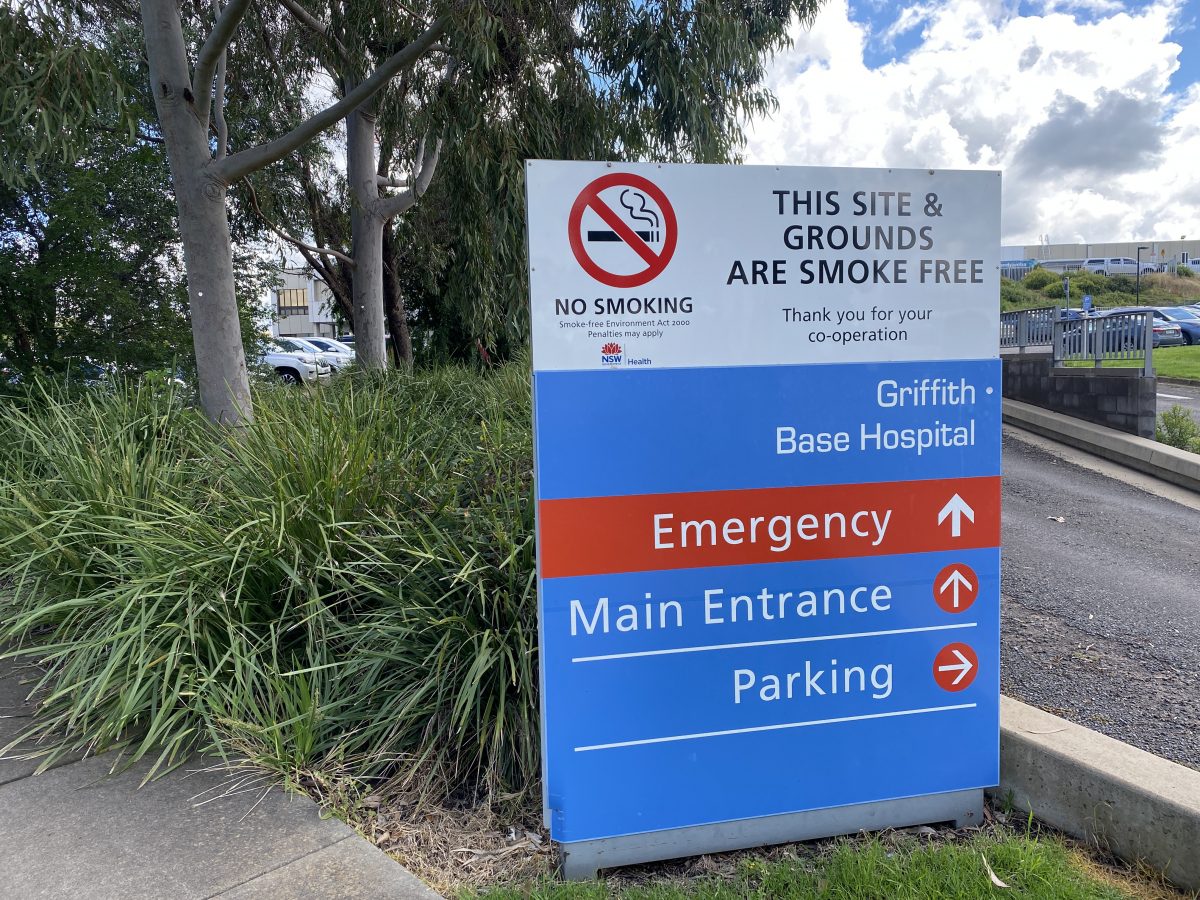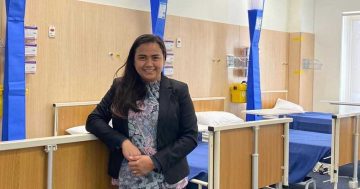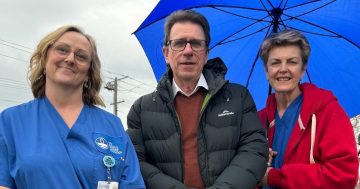
A shortage of GPs is putting pressure on emergency departments, experts warn. Photo: Oliver Jacques.
The Federal Government says it is trying to address the chronic shortage of doctors in rural areas by funding a new general practice specialty called rural generalism, which equips students to become general practitioners (GPs) in regional towns.
It says that a “record” 1750 students will begin study to become GPs in 2025, with one-third of them taking the rural pathway.
This news was welcomed by the lobby group the National Rural Health Alliance (NRHA).
“It is exciting that one-third of Australia’s largest-ever cohort of future GPs will train as multiskilled rural generalists and the government’s support for the specialty’s imminent recognition,” NRHA Chief Executive Susi Tegen said.
“The NRHA has supported the call for rural generalism to be a specialty within the medical workforce recognising the diversity, depth and breadth of the work that clinicians practising in rural and remote Australia provide to rural communities.
“Rural and remote Australia is crying out for an equitable share of healthcare investment no matter what the postcode is. The recognition of rural generalists as a specialty acknowledges the training and scope of a rural generalist and the enormous value that they bring to rural Australia.”
The government also introduced a fast-track pathway for GPs from New Zealand, the UK and Ireland to join the Australian health system that began in October 2024. It says that since then, around 11 applications a week have come from such GPs, who under Medicare rules must spend their first 10 years in a rural or regional community.
Peak body the Royal Australian College of General Practitioners (RACGP) recently warned that the shortage of GPs in small towns resulted in patients overburdening emergency departments in hospitals, as they feel there is nowhere else to go.
RACGP president Dr Michael Wright highlighted the importance of the new qualification category.
“All rural GPs continue to provide essential and valued care to our communities and will now have the opportunity to undertake further training to achieve this nationally recognised endpoint if their community is in need,” he said.
In the latest Medical Deans survey of new medical graduates, close to 1 in 5 graduates say they aspire to become a GP or rural GP, with 18 per cent of new graduates selecting the GP specialties.
But Ms Tegen warned though, there was a lot more work to do.
“While promoting the rural generalist pathway is vital, the government must also ensure GPs who choose rural practice are supported with essential infrastructure, housing, childcare, schooling, and other facilities that help them and the health workforce stay. We need a multifaceted approach to truly make a difference,” she said.
“With the upcoming elections in mind, we are ready to work with any government to implement a national rural health strategy that ensures sustainable and equitable healthcare access for rural, regional, and remote populations.”
Original Article published by Oliver Jacques on Region Riverina.





